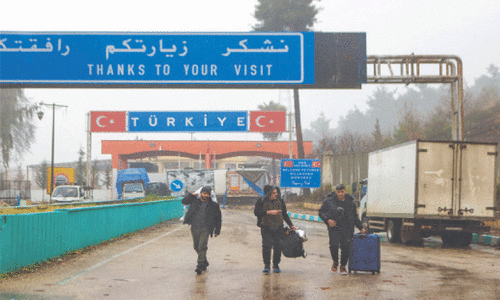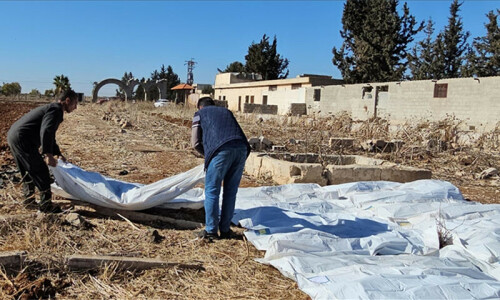NEW DELHI: Charles Sobhraj has said he plans to return to France if Nepal’s Supreme Court strikes down his life sentence for killing an American backpacker more than 30 years ago in a verdict expected next month.
The French national, who has been accused by police in a number of Asian countries of killing more than 20 western travellers, has been in a Kathmandu jail since he was arrested about four years ago as he gambled in a local casino.
He said at the time he was in Nepal to film a documentary for a TV company.
Nepal’s Supreme Court has finished hearing his appeal against his sentence and a verdict is expected in December.
“I will go back to France of course, immediately,” Sobhraj, who is in his early 60s, told India’s Times Now TV channel in an interview broadcast on Wednesday.
However, Sobhraj, born to an Indian father and Vietnamese mother, said he would love to visit India where he has already spent 20 years in jail for a string of crimes, including murder and robbery.
“I love India. Still I have three of my sisters there, my heart lies there,” he said in the interview conducted when jail authorities took him to a dentist at a Kathmandu hospital.
Sobhraj has denied killing the American woman, whose body was found in a wheat field near the Nepali capital. His lawyers say the charge against him was based on assumption.
“There is no proof against him,” Basanta Ram Bhadari, one of his lawyers, said.
Sobhraj, also known as the ‘Serpent’, is said to be a master of disguise and escape, whose exploits across Asia have spawned two books and a movie.
He had been living in France after being released from an Indian jail in 1997.
He is accused of killing young Western backpackers across Asia, usually after drugging their food or drink, during the 1970s and ‘80s.
In 1975, Thailand issued a warrant for his arrest on charges of drugging and killing six women on a beach at Pattaya.
But he was jailed in India before he could stand trial on those charges.
Asked if he was nervous ahead of the verdict or if he trusted Nepal’s justice system, Sobhraj replied: “Let’s say we’ll discuss about that later on. Not now. Well in Nepal, you cannot believe anything. What will happen, I believe.”—Reuters














































Dear visitor, the comments section is undergoing an overhaul and will return soon.